Chile national rugby World Cup team
The Chilean national rugby union squad represents Chile in the men's intercontinental rugby union; it is prepared by the Chilean Rugby Federation Nicknamed Los Condores they are produced in red and then white jerseys. They are presently ranked 21st in the world by World Rugby, manufacturing them the third highest-ranked country in South America.
Rugby World Cup fans from all over the world can book France Rugby World Cup tickets from our online platforms WorldWideTicketsandHospitality.com. Rugby fans can book Chile Rugby World Cup Tickets on our website at exclusively discounted prices.
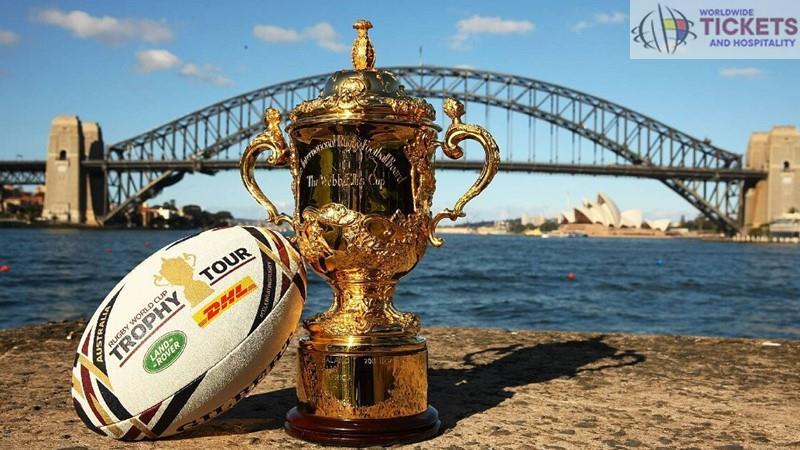
Chile was the second South American country after Argentina to play worldwide rugby union, playing their first international exam against Argentina in 1936 in Santiago. Chile is single of the founding associates of CONCUR in 1989, alongside Argentina, Brazil, and Paraguay, besides Uruguay. Chile has long stood participated in the South American Rugby Championship subsequently 1951 and has steadily been the third or level second-best squad in South America. In 2016, Chile, alongside the combinations of Argentina, Brazil, Canada, the United States, and Uruguay, formed the Americas Rugby Championship, aimed at snowballing the standard of rugby union in the Americas region.
Chile is capable of the 2023 Rugby World Cup, which will be their first entrance into the tournament; they upset Canada in a two-game series in October 2021, before defeating the United States in a two-game home-and-home series on collective by 1 point in July 2022. Chile remained drawn with England, Japan, Argentina, and Samoa in Pool D of the World Cup. The sport has historic influences on the Scottish community in the nation. In 2012, two Scottish-Chilean troupes, Donald and Ian Campbell, were invested hooked on the IRB Hall of Fame.
Early history 1890s – 1959
Rugby was introduced in Chile roughly about the late 19th period, as it was in other parts of South America by British settlers who arrived in ports. The first chronicled rugby game taking place on Chilean soil was in 1894, from British immigrants who existed in Santiago, Iquique, and Valparaíso.
Until the 1930s, the game was originally mostly played by the British-descended public of Chile. In 1935, the Chilean Rugby Federation originated
Chile's first-ever fittings were against Argentina in September 1936, a two-game sequence played in the capital Santiago. Chile lost together in their sports by shorelines of 0 to 20 and 3 to 31, respectively. Chile would call Argentina in 1938 in Buenos Aires, losing 3 to 33. Chile would not play another meeting until 1948 when they tired Uruguay 21 to 3 in Buenos Aires.
The Chilean team instigated competing more consistently in the 1950s. In 1951, Chile frolicked the first South American Rugby Championship in contradiction of Brazil, Uruguay, and Argentina 1951; Chile finished third, beating Brazil by a margin of 68 to nil, but trailing both Uruguay and Argentina. In 1952, Chile recognized Ireland on tour, but in Santiago 30 to 0. Chile would produce another Five Nations lateral, this time France on tour, but lost 34–3. In 1958, Chile contributed to the South American Rugby Championship, concluding second; Chile simply beat both Peru and Uruguay earlier falling to Argentina, finishing second.
1960s – 1980s
By the 1960s Chile saying itself established itself as a middle contender in South America. Chile remained consistently thrashing sides like Brazil and Uruguay, but couldn't break through in contradiction of mighty Argentina. In 1966, Chile conventional the Springboks, their first test against a SANZAR side, but lost 72 to 0.
Throughout the 1970s Chile didn't show any non-South American competition; for the most share Chile was finishing second or third in South America, typically beating Brazil and newcomers Paraguay, and dog belligerent for second against Uruguay. In the 1980s, the past coach of France Jean-Pierre Juanchich took over the administration of rugby in Chile, which led to better upgrades, awareness, and development in Chilean rugby. In 1989, a good governing body for rugby in South America, CONCUR, was shaped
1990s – 2000s
Chile formally linked to the International Rugby Board in 1991, permitting Chile to participate in World Cup rivalries. In 1993, Chile participated in its first-ever World Cup Qualifying race 1993,

entering succeeding the 1995 Rugby World Cup; though, they lost all their fixtures to Argentina, Paraguay, and Uruguay, finishing nethermost of the group. In 1995, Chile frolicked Spain, winning 28 – 23.
The 1999 Rugby World Cup qualifying campaign was additionally successful. Chile easily swept through a group covering the teams of Bermuda and Trinidad and Tobago. However, Chile lost 14 to 20 against Uruguay, consequently missing out on a repechage spot, and possibly a spot in the World Cup. In 2000, Chile came inside 2 points of defeating Argentina. This better form would continue through the early 2000s, easily positioning Brazil in their first qualifier for the 2003 Rugby World Cup
In the final round, a rotund robin containing Canada, Uruguay, and the United Conditions, the Chileans won their first home fixture versus Uruguay earlier losing their next two to the US and Canada. Despite this, Chile logged an upset, defeating the United States 21 to 13 in Santiago. Despite being improved, Chile dropped their following two games, final the campaign with 2 wins and 4 losses. Unfortunately for Chile, they finished bottom on try alteration, yet again missing out on a repechage spot, and potential qualification.
The 2007 qualifiers were typically the same song as the earlier campaigns; Chile swept their first round against Paraguay and Brazil but in the final cluster lost both their games to Argentina and Uruguay, which once again would have secured a repechage at the smallest, and potentially an automatic spot in the World Cup. The 2011 crusade was short-lived, having routinely been seeded into Round 3A of the qualifiers in the new format. Chile cruised to conquest versus Brazil but once again lost to familiar foes Uruguay, and once again lost out on a potential repackage or automatic qualifier.
2010 present
In 2010, Chile nearly on-going the new decade with a bang, coming very near to defeating Oceania powerhouse Tonga but losing 32–30. The subsequent year in 2011, Chile beat Uruguay for the first time in nine years, winning 21–18 and concluding second in the South American Championship. The decade has been marked by the discrepancy in results. In 2013, Chile began their qualifying
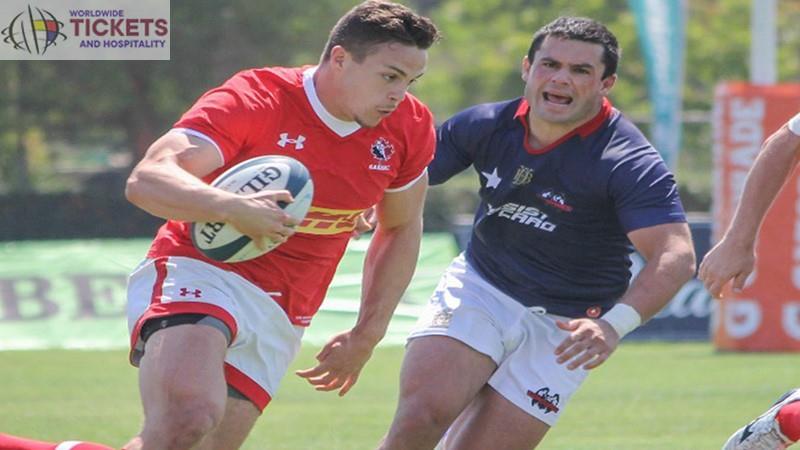
campaign, opening up with a triumph versus Brazil, but yet again lost to foes Uruguay, following the same pattern of results since the 1999 campaign.
In 2014, Chile reached a bottom point in the 2014 South American Championship, they ended bottom of the group, losing to Brazil for the first period in their history. Chile was also wooden spooners in the 2014 CONCUR Cup, the new competition featuring Argentina and the highest 2 sides in South America. However, the following year, Chile won the South American Championship for the first time in their history, cruising through both Brazil and Paraguay earlier defeating Uruguay at home 30–15. In 2016, Chile contributed to the first Americas Rugby Championship in its current arrangement
Chile squeaked a home win versus Brazil, before playing a close game in contradiction of Argentina before exhausting out in the last 20 minutes, ultimately losing 52–15. Chile was blown out by the United States in Fortress Lauderdale 64–0 before nearly thrashing Uruguay, losing 20–23. Chile lost their last game at home versus Canada, 64–13, finishing bottom in the inaugural version
In the 2017 Americas Rugby Championship, Chile was overcome in all five matches, scoring just four stabs in the tournament. In the 2017 Cup of Nations, the squad claimed a win over Kenya, while trailing Russia and Hong Kong. In July 2022 Chile qualified for the Rugby World Cup for the first period. They secured their place with an aggregate 52–51 win over the United Conditions, upending a one-point deficit in the first leg through a 31–29 win in Glendale, Colorado
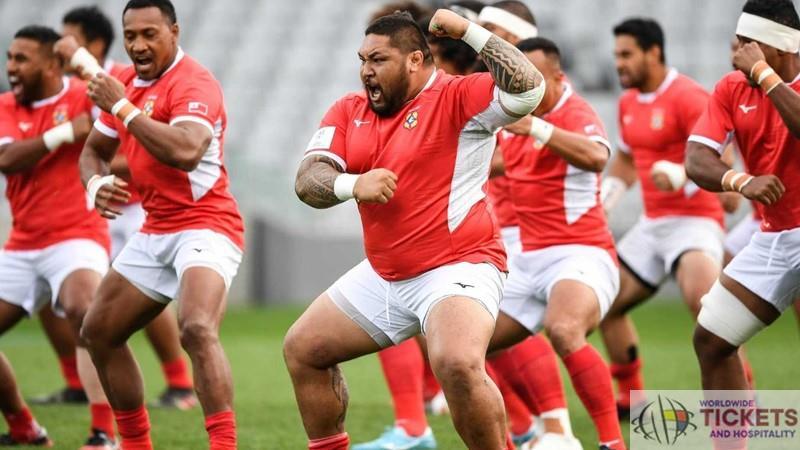
Notable players
Donald Campbell
Ian Campbell
Alastair MacGregor Martin
Cristian Onetto
Sergio Valdes
Francisco PlanellaRugby union in Chile
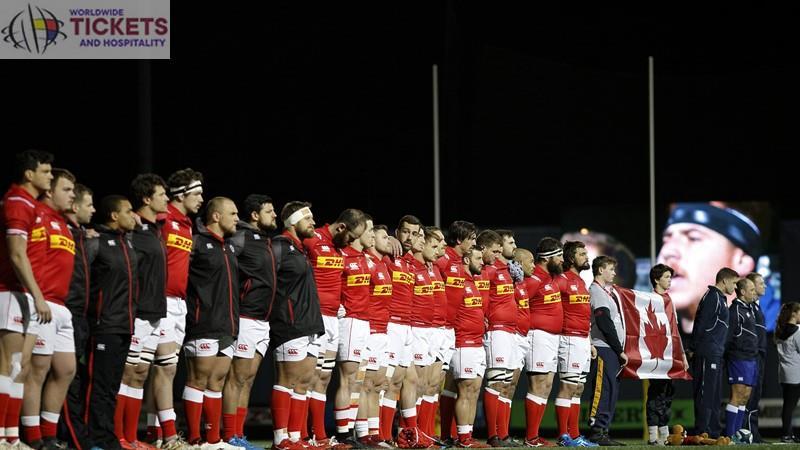
The Chilean Rugby Federation originated on 4 May 1953 and governs the sport in Chile. Their statutes and rules were officialised on 16 December 1963. It is united with the Olympic Committee of Chile, the Confederation Sudamericana de Rugby, FIRA, and World Rugby. In July 2022 the men's national team beat the USA to qualify for the 2023 Rugby World Cup in France, the first time the country has fit for the competition. Following this, the team touched an all-time high world ranking of 21
History
Rugby was first presented in South America in the late 19th century by British immigrants, but this was largely in Brazil and neighboring Argentina It was introduced by the British in the 19th period. It is believed that the first people who played it in Chile were the English who functioned at the salt mines in Iquique. Rugby was also developed by the English secluded colleges.
For many years it was a sport mostly frolicked by the upper classes in Chile. The first squads appeared in Valparaíso and Santiago de Chile, which later formed the Unión de Rugby de Chile. The British inspiration can be noticed in the fact that several of the main Chilean teams have English names. Some rugby did trickle crossways the border from Argentina, but it was not pending the 1920s that the game became established, around Santiago and Valparaíso.
During the 1950s, Chile was stayed by the Irish tour of 1952 and a 1954 French tour.Chilean delegates remained amongst those who went to the centenary congress of the International Rugby Football Board in 1986. In South America, with the supremacy of Argentina, Chile used to reflect itself as the best of the rest. This was confirmed in many people's minds when Chile won second place in the 1981 South American Championship in the absence of Argentina.
However, of the other South American nations only Uruguay has competent for the Rugby World Cup In the late 1980s, former French coach Jean-Pierre Juanchich developed national administrator of the sport, lending it approximately extra credibility. During the 1980s, Chilean rugby participation
increased by 400%, and while it was previously confined to the towns of Santiago and Valparaíso, it began to spread throughout the country
Flight 571 & Alive
The tragic crash of Uruguayan Air Force Flight 571, and the subsequent books and films, Alive: The Story of the Andes Survivors and Alive transported Uruguayan and Chilean rugby into the global limelight. The Uruguayans were on tour, had played several games in Argentina, and were due to play some return matches in Chile.
National team
The Chile national rugby union team, recognized as Los Condores it is currently ranked 25th in the World Rugby Rankings, and it is the third greatest team from South America, after Argentina and Uruguay.
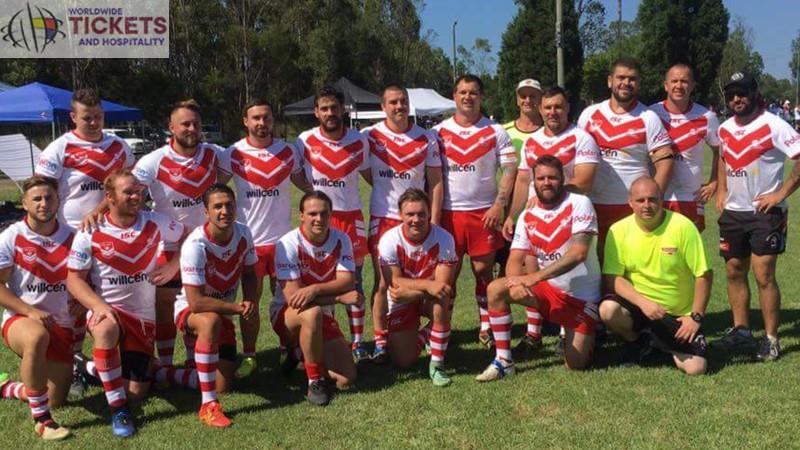
Women's rugby
Although Chile's women consume not hitherto played test match rugby, they have been playing international sevens rugby since 2004
Domestic organization
Chile National Rugby Championship was ongoing in 1948, and its first winner was the Prince of Wales Country Club
Chile for sure he is a hero
It was Thursday afternoon in Dublin when Martín Sigren selected up the phone to RugbyPass and sounded as fresh as a daisy through the Chile captain’s run over and the countdown on for his country’s final willing of their three-match European trip. After a fortnight in Bucharest for Test
Alive tells the story of a Uruguayan Rugby squad (who were alumni of Stella Maris College and their groups and family who were involved in the airplane crash of Uruguayan Air Force Flight 571 which crashed into the Andes Foothills on October 13, 1972. It was available two years after survivors of the crash were rescued.matches against Romania and Tonga, the fixture against the Leinster reserves was to bring the curtain depressed on a remarkable breakthrough year for the South Americans, who fit for their first-ever World Cup finals with their dramatic two-leg victory over the USA. It was an inspiring underdog story, but one through a heart-stopping twist specific to Sign.
Worldwide Tickets and Hospitality offers Rugby World Cup tickets for the France Rugby World Cup at the best prices. Rugby fans can buy Rugby World Cup Tickets at exclusively discounted prices

But for his persuasive suppliant with referee Luke Pearce to consult his TMO in Colorado the previous July, Chile would have spent their November contesting last accidental saloon in Dubai, the qualifying repechage clinched by Portugal without an incredible last-gasp penalty versus the luckless USA. Despite Rodrigo Fernandez’s astonishing try in the rainy circumstances in Santiago, Chile headed to the States a point down and their confidence appeared to have flat lined when faced with a mountainous 20-point deficit a half-hour hooked on the rematch.
Back they fought, though, and they were two points ahead once the USA was awarded a very kickable consequence with 90 seconds remaining. With AJ MacGinty quickly insertion the ball on the tee and readying himself to convert, it appeared as if the prized Pool D games with England, Argentina, Japan, and Samoa in France had just been ripped from Chile’s grasp. Excluding they hadn’t.
The American in the custody of the Infinity Park video awning unwittingly kept replaying the footage leading up to the penalty award and rather than give home fans reason to cheer that they were about to win, the film instead fortified an aggrieved Sigren to approach Pearce and with Chilean supporters loudly shouting for an appraisal, the rest, as they say, became World Cup qualifier past
So there remained 90 seconds left, I was complicated in the jackal, I was involved in the play and he called a penalty, said Sigren, jogging his memory back to the unbelievably tense sliding doors moment that ultimately ignited festive pandemonium amongst the Chile companies, staff and fans. At that moment I didn’t realize it wasn’t me he was charitable the penalty against, it was an offside or a tackler not rolling. But my response was it was my fault. I supposed I’d develop the villain of the story, giving a penalty away in the preceding minute, and I couldn’t believe it.
I quickly turned around and looked at the screen just to double-check my actions since I thought I had judged them correctly. Luckily we were on the side with the shade and we had been defending on our 22. We had behindhand us this huge screen, five meters through five meters. I turned around and I have to acknowledge the guy who was running the screen since he started repeating the situation, my jackal, and that is when I understood the guy who was cleaning the failure, he neck rolled me. I had to go over to the referee, grabbed my neck, and started effective him there was clear foul play, and there was a neckline roll. He wasn’t listening.
Chile Rugby World Cup
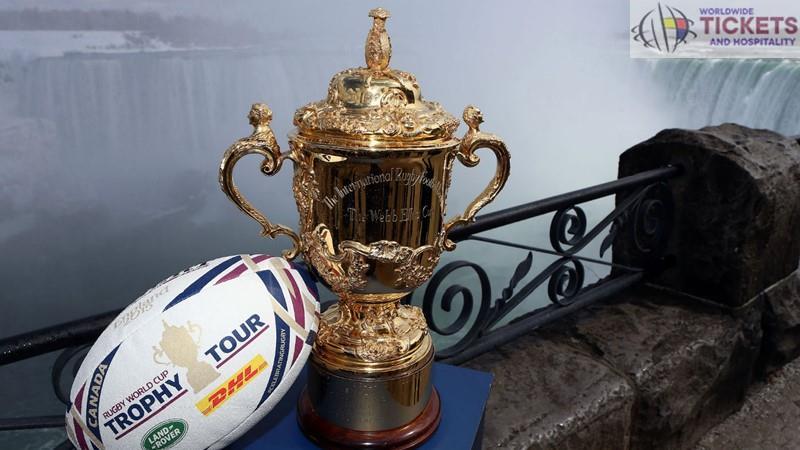
The Chilean capital of Santiago has lately been at the heart of social discontent, the like of which hasn’t been seen meanwhile the military coup of the 1970s. But, amid the turmoil, professional rugby is making its first tentative steps as the republic aims to move out from the shadow of Argentina.
Chile presents, at the instant, a rare conundrum: scenic beauty on one side, ugly scenes on the other. The gargantuan Andes crag range sits as a silent witness to a scene of Chileans fighting Chileans. If only this was limited to the rugby field. It all erupted last October through the rise in the price of public conveyance. The silent majority quickly became a large and visible crowd of protesters, through more than a million ‘chilenos’ taking to the streets. Public places chop into the hands of the protesters and clashes with the Carabineros de Chile became commonplace.
The lack of answers from the country’s leaders and politicians occasioned violence not seen on Chile’s streets since the early 1970s when Chile was in the grasp of a military coup. Even now, months after the first objection, it is an ongoing issue. Like bushfire, just as soon as it seems it’s getting under control, it sparks off again, and the crowds return to take the streets in cities and towns from north to south and, of development, in the middle of Chile where Santiago is located.
One of the most modern wealth cities in South America, Santiago is nestled in the Andes, with skyscrapers and rocky mountaintops making for an intriguing contrast. The juxtaposition of natural beauty and modern-day living can also be seen as the sun sets and pollution particles are lit up brightly by the last residual rays of the day.
Workers at the Chilean Rugby Alliance headquarters are afforded a fine view of this daily splash of colour, given its location in the highest allowable altitude for buildings in the city, at almost 850 meters above sea level. The Federation moved its offices here in 2000 and there is also a rugby pitch, albeit in dire essential of attention, a gymnasium, changing rooms, and a three-story office block where staff works on educating the wellbeing of the Chilean game.
Days are longer in the center of summer, which comes in very handy for the newly-created professional team, run by the nationwide union, that plays in the newly-formed Superliga Americana de Rugby, together with a professional team each from Argentina, Paraguay, Uruguay, and Brazil besides, from 2021, Colombia. The new Chilean team/franchise is aptly called Selknam, in honor of the native people in Patagonia and their spirit and endeavour in fighting the elements and anything else that came their way with stoicism until the tribe developed extinct.
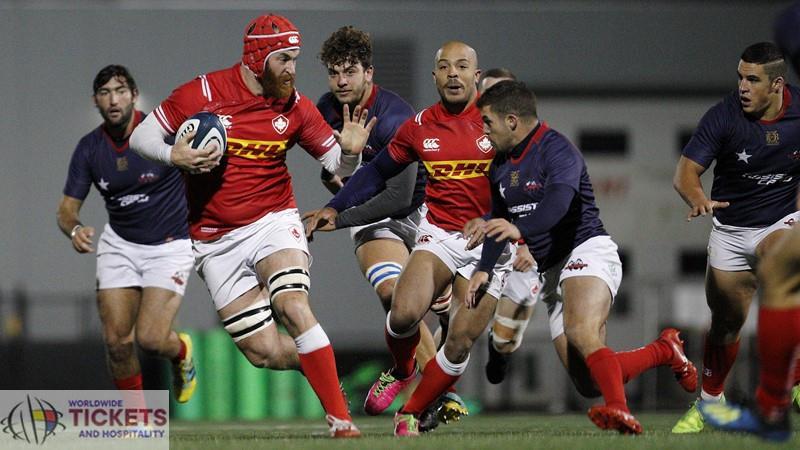
One of the most contemporary capital cities in South America, Santiago is nestled in the Andes, with skyscrapers and rocky peaks making for a fascinating contrast. The juxtaposition of natural beauty and modern-day alive can also be seen as the sun sets and smog subdivisions are lit up brightly by the last remaining rays of the day.
Workers at the Chilean Rugby Federation headquarters are afforded a fine view of this daily splash of colour, assumed its location at the highest permitted altitude for buildings in the city, at almost 850 meters above sea level. The federation enthused its offices here in 2000 and there is also a rugby pitch, albeit in dire essential of attention, a gymnasium, changing rooms, and a three-story office block where staff efforts on improving the happiness of the Chilean game.
Days are longer in the middle of straw-hat, which comes in very handy for the newly-created professional team, run by the nationwide union, that plays in the newly-formed Superliga Americana de Rugby, alongside a professional side each from Argentina, Paraguay, Uruguay, Brazil, and, from 2021, Colombia. The new Chilean team/franchise is fittingly named Selknam, in honour of the indigenous people in Patagonia and their spirit and attempt in fighting the elements and anything else that came their way with stoicism until the tribe developed extinct.


